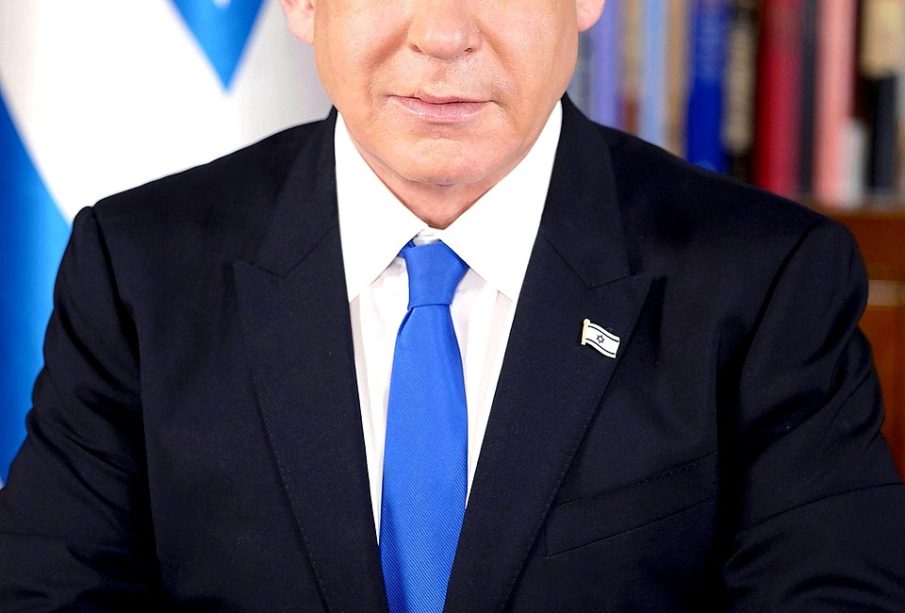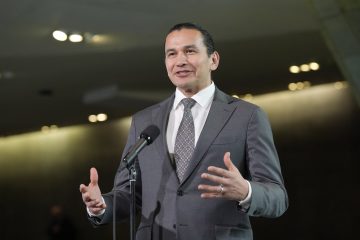An Overview of Benjamin Netanyahu’s Political Strategies

Introduction
Benjamin Netanyahu, the current Prime Minister of Israel, has been a significant figure in the nation’s politics for decades. His influence has extended through various geopolitical events, domestic policy decisions, and party leadership, making him a central figure in discussions about Israel’s future. Understanding Netanyahu’s strategies and political maneuvers is especially relevant today, as Israel faces challenges on both domestic and international fronts.
Political Background
Netanyahu, known for his roots in the Likud party, has served multiple terms as prime minister, with his most recent term beginning in December 2022. His years in office have witnessed numerous controversies, including legal challenges and public protests against his government’s judicial reforms. These protests have garnered widespread attention, illustrating Israel’s deep political divisions.
Judicial Reforms and Public Outcry
Mr. Netanyahu’s government has been pushing for significant judicial reforms, aiming to limit the powers of the Supreme Court. Supporters argue that these changes are necessary to create a more balanced government. However, the opposition sees it as a threat to democracy, leading to mass protests and discontent among citizens. In recent weeks, the protests have intensified, indicating a potential shift in public sentiment that could affect Netanyahu’s grip on power.
International Relations
On the international stage, Netanyahu’s policies have aimed to strengthen ties with world powers, particularly the United States, while navigating relationships with other countries in the Middle East. The normalization agreements with several Arab nations, known as the Abraham Accords, have marked a significant shift in Israel’s diplomatic landscape. However, tensions with Palestine and Iran remain critical issues that complicate his foreign policy.
Future Implications
As Netanyahu continues to respond to both domestic unrest and international scrutiny, his leadership style will be put to the test. The upcoming elections and potential shifts in coalition dynamics may further influence his administration’s direction. Political analysts suggest that if the current protests continue unabated, there could be a significant impact on his government’s stability.
Conclusion
Benjamin Netanyahu’s political strategies are crucial for understanding Israel’s current trajectory. His approach to governance, including controversial judicial reforms and foreign policy initiatives, reflects a leader navigating a complex environment. As events unfold, observers and citizens alike will be watching closely, as Netanyahu’s next moves could shape not only his political legacy but the very future of Israeli democracy.









